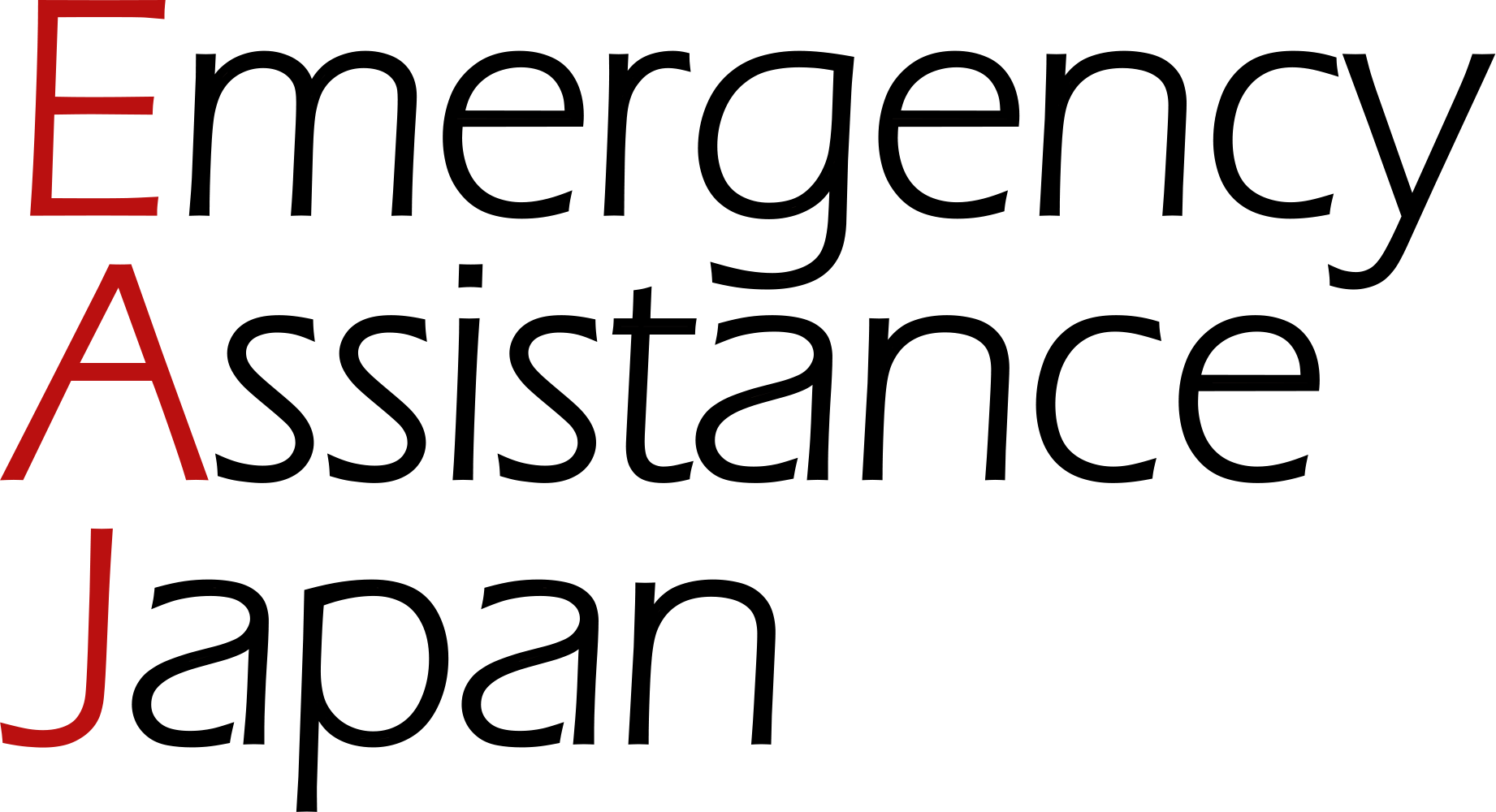Super Clinic(Koishikawa International Clinic)
- HOME
- Other than cancer(Whole Body, Others)
- Super Clinic(Koishikawa International Clinic)
- AminoIndex Cancer Risk Screening (AICS) Test for multiple cancers based on amino acid balance in blood
AminoIndex Cancer Risk Screening (AICS) Test for multiple cancers based on amino acid balance in blood
23.10.20
This article was supervised by , M.D., Director of Koishikawa International Clinic
Dr. Akihiko Kawai
Graduated from Hokkaido University School of Medicine. Practiced and served in heart transplantation at the University of Pittsburgh, USA. After returning to Japan, Dr, Kawai organized a heart transplant team as an associate professor at Tokyo Women's Medical University. After practicing at Tokyo Takanawa Hospital, he opened Koishikawa International Clinic in 2017. Dr. Kawai has a great deal of experience in medical care for international patients.
What is the relationship between amino acids and cancer?
The AminoIndex test was developed by Ajinomoto Corporation, a major Japanese food company that makes seasonings and foods using amino acids. Ajinomoto Corporation focused on the fact that the balance of amino acid concentrations in the body changes when cancer or other diseases occur, and statistically analyzed the relationship between the balance of amino acid concentrations and diseases based on a large amount of clinical data. Using a supercomputer to perform advanced computational processing and analysis, the medical services providers were able to identify patterns of amino acids associated with specific diseases and health conditions. This technology makes it possible to assess the risk of multiple diseases with a single blood sample collection, providing useful information for early detection, prevention, and treatment decisions.
How to inspect?
Simply collect about 5 ml of blood at a medical facility. The test results will be available in 10 days to 2 weeks.
What cancers can be checked?
Stomach cancer, lung cancer, colon cancer, pancreatic cancer, prostate cancer (men), breast cancer, uterine cancer (women), ovarian cancer (women)
How accurate are the examinations?
According to information posted on the official AminoIndex website, comparing the sensitivity of the AminoIndex to common tumor markers in patients diagnosed with “Rank C”, a high risk of cancer, the sensitivity of the AminoIndex is higher than that of tumor markers in stage I and II stomach, lung, colon, and breast cancers. Also, when comparing the results of the AminoIndex test with the results of the full examination, for stomach cancer, 1 in 3,248 patients in Rank A, 1 in 634 patients in Rank B, and 1 in 99 patients in Rank C actually had stomach cancer, indicating that those in Rank C should proceed more strongly to a thorough examination.
What if a patient gets a result that says the patient may have cancer?
As shown in the above results, even if a patient is suspected of having stomach cancer, there is no need to worry too much even if the result is suspicious of cancer, since other diseases such as gastritis are also possible. However, the AminoIndex is more sensitive to some cancers compared with the tumor markers used in physical examinations, so please consult your doctor for interpretation of the results and the need for a full examination. Koishikawa International Clinic offers online consultation for post-test results. If a patient wishes to undergo a full examination, including diagnostic imaging, Koishikawa International Clinic can also arrange for an examination in Japan.
AminoIndex” is available at Koishikawa International Clinic.
Koishikawa International Clinic offers “Amino Index” testing by blood sampling. Please contact EAJ if a patient wishes to undergo the test.
Please note that cancer patients and pregnant women are not eligible for the test. In addition, some current medical conditions may affect the test results, which will be confirmed at the time of the appointment. Results will be available in 10 days to 2 weeks, and if a patient receive an evaluation of possible cancer, the patient can receive separate consultation support for further action. The consultation can be handled online.
